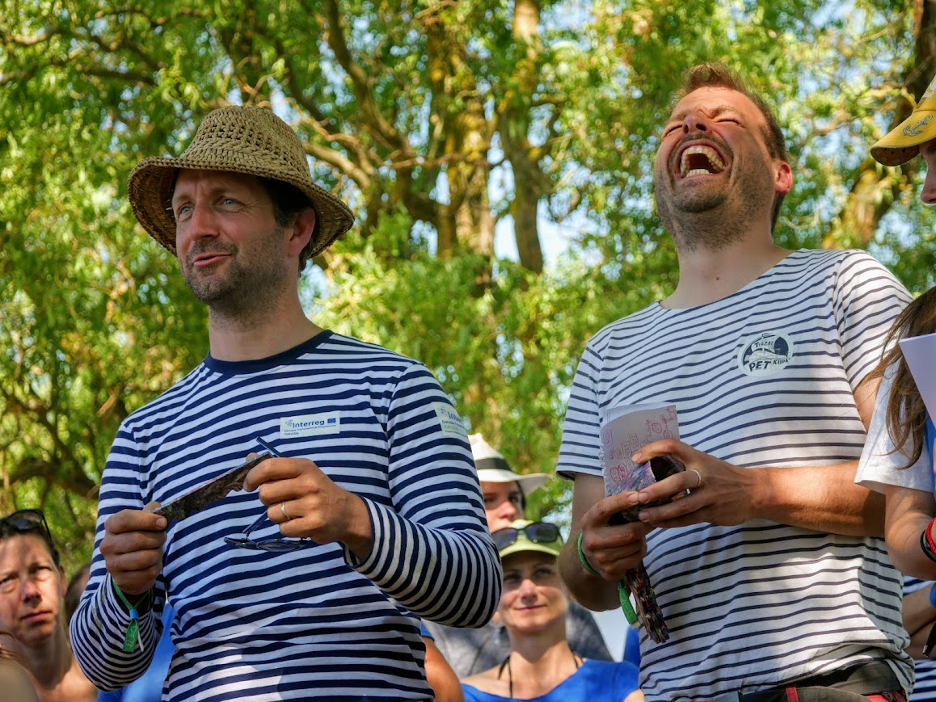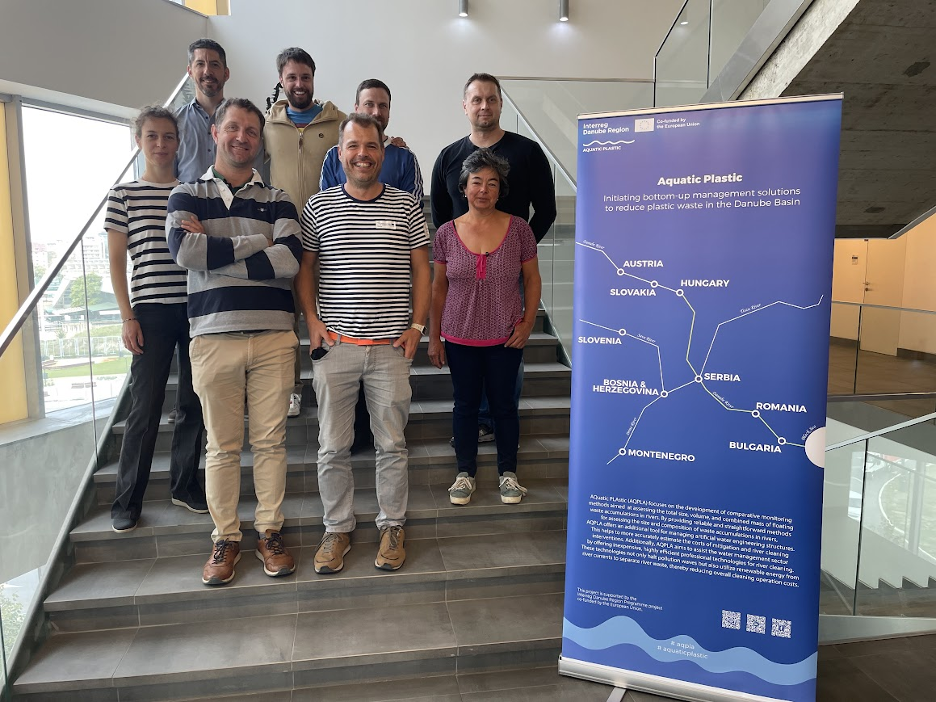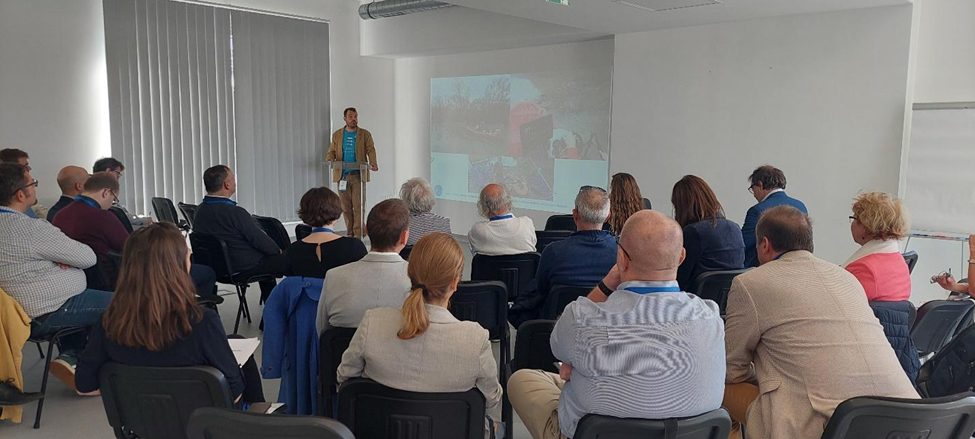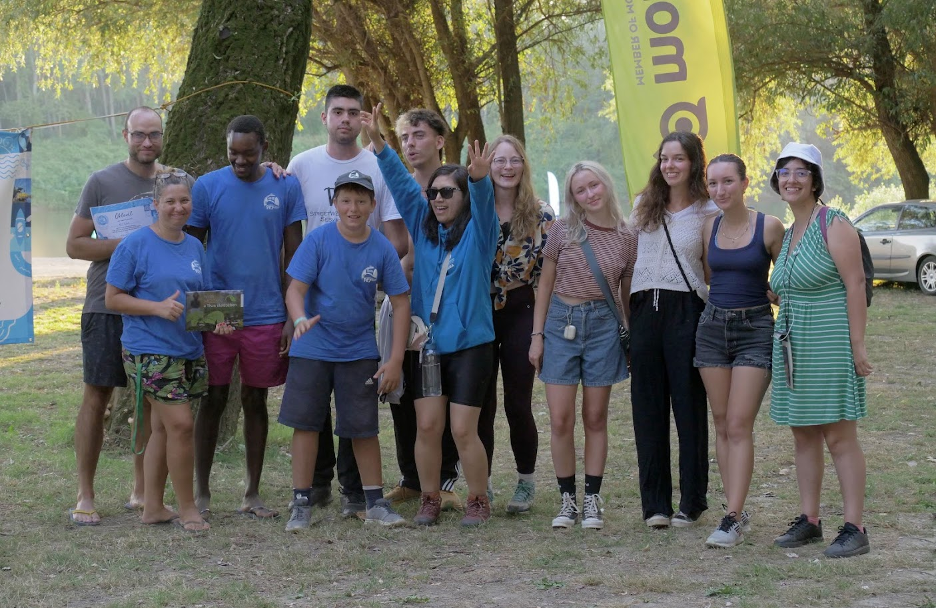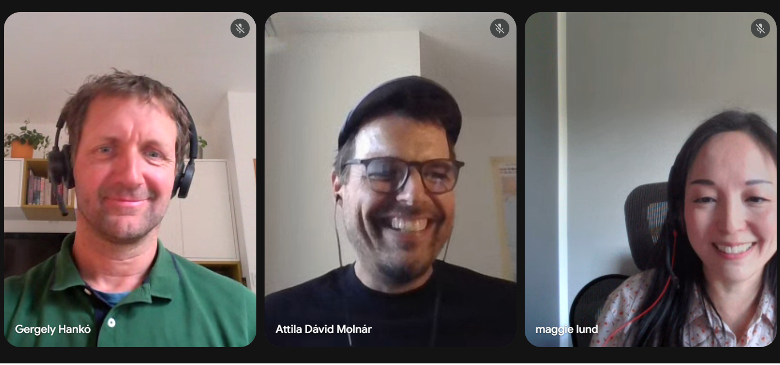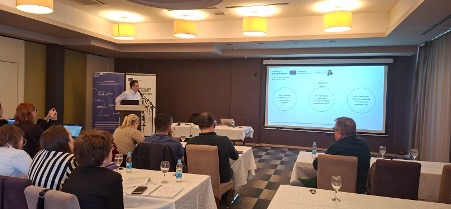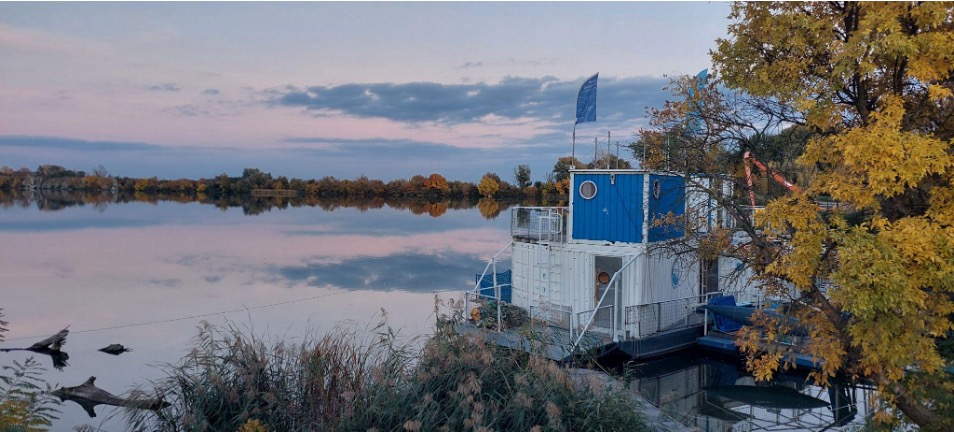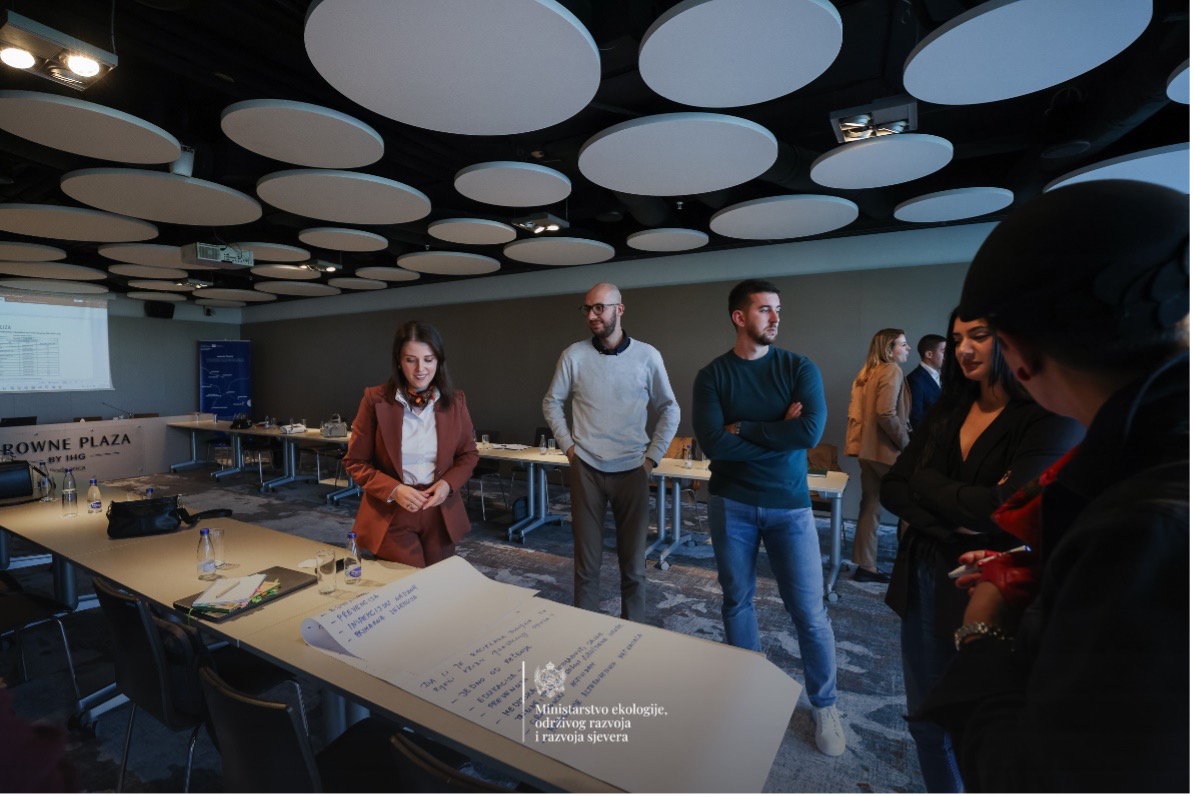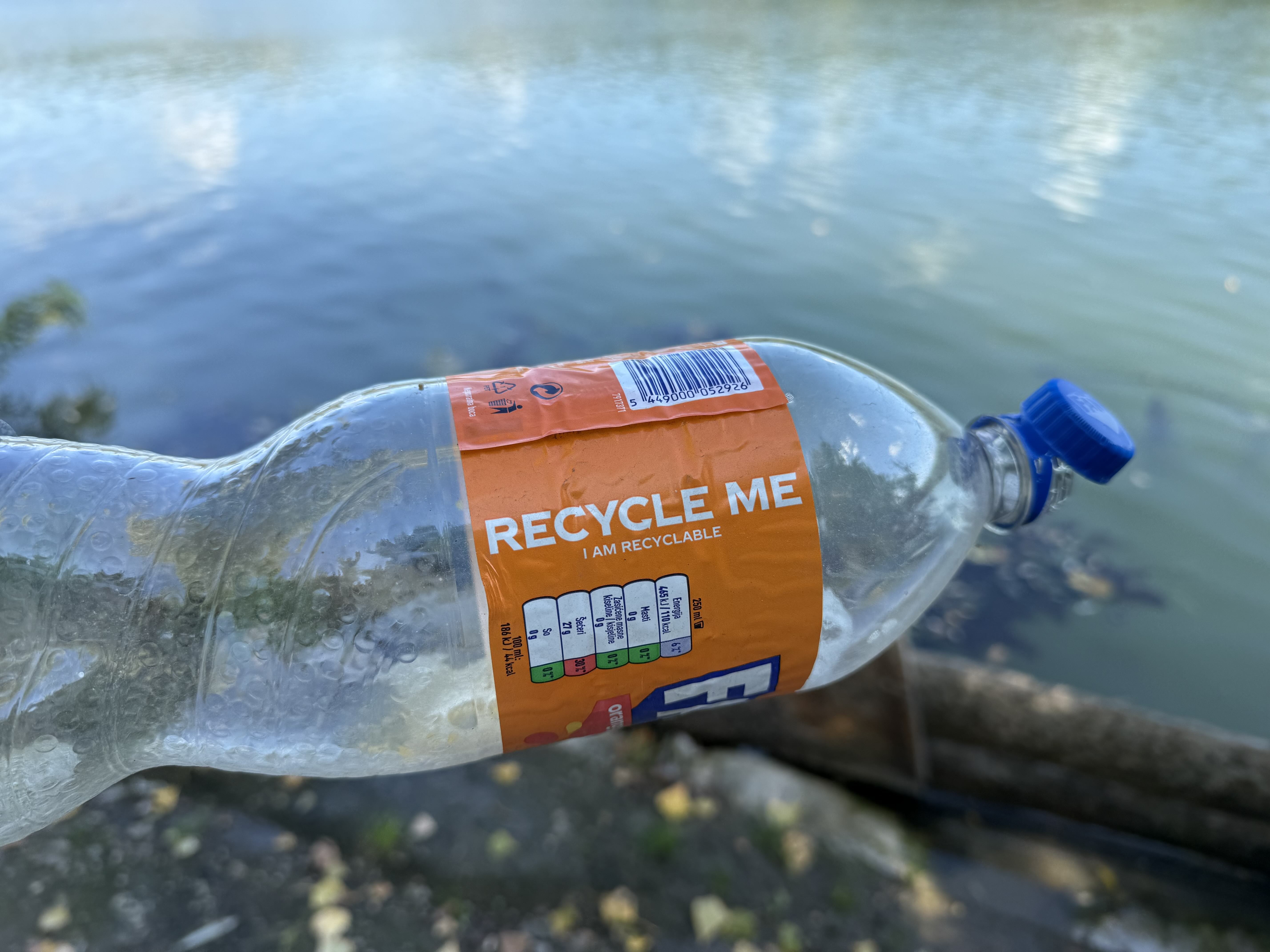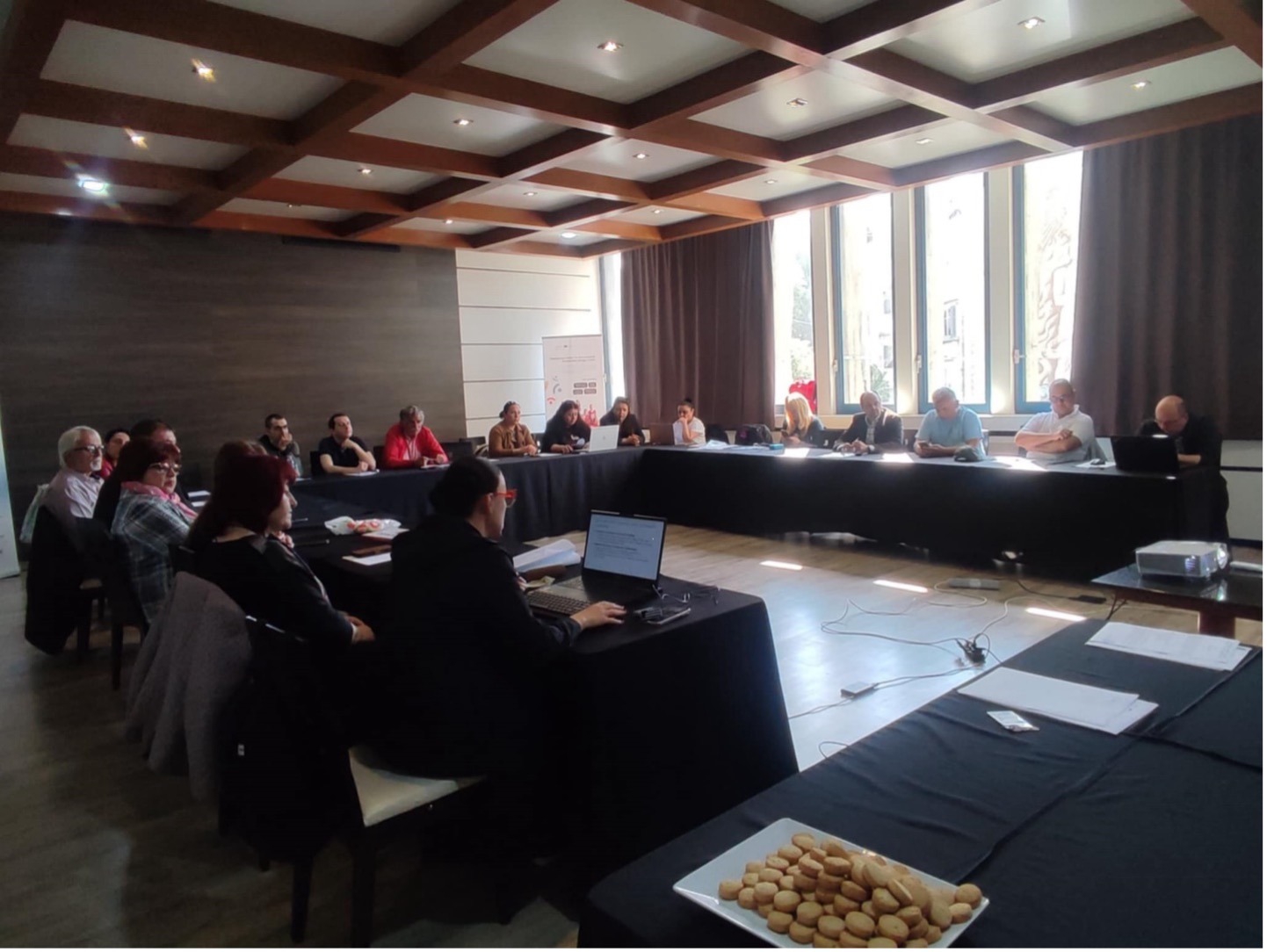
National Round Table in Ruse, Bulgaria
On May 20-21th 2025 the Institute of oceanology, BAS organised an expert workshop in Ruse as part of the Interreg Aquatic Plastic project. The event with the title National Round Table „AQUATIC PLASTIC” (AQPLA) brought together representatives of associated partners, stakeholders, and key experts from government institutions, local authorities, environmental agencies, maritime and port administrations, maritime and tourism businesses, educators, representatives of scientific and non-governmental organizations, as well as representatives of the general public that are making an important contribution to reducing pollution in the Bulgarian part of Danube river.
The workshop aimed at developing concrete proposals and guidelines for pollution prevention and effective management of riverine litter. During the meeting we encourages open dialogue and cooperation, participants discussed in small groups key challenges, existing good practices and possible solutions to reduce pollution in aquatic environments.
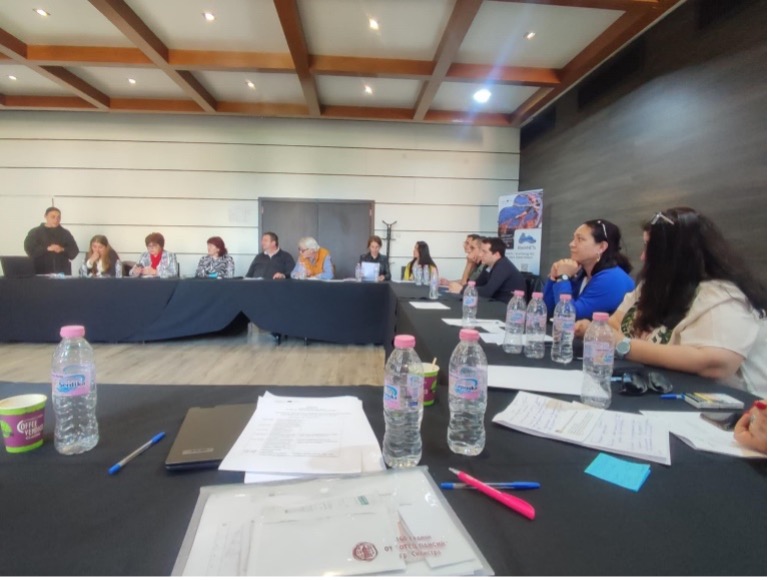
The main objectives of the workshop were:
To develop proposals for measures to reduce riverine litter;
To strengthen cooperation between different stakeholders;
To examine the implementation of existing legislation and regulations;
Increase awareness of the importance of clean rivers among professionals and the general public.
In the context of complex problems such as River Danube plastic pollution, solutions require coordination across sectors and scales, thus the co-creation toolkit selected helped in unifying participants towards more sound, cooperative and actionable outcomes.
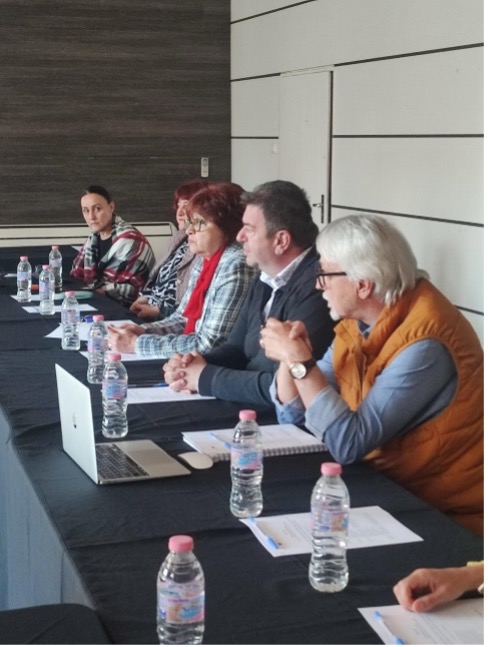
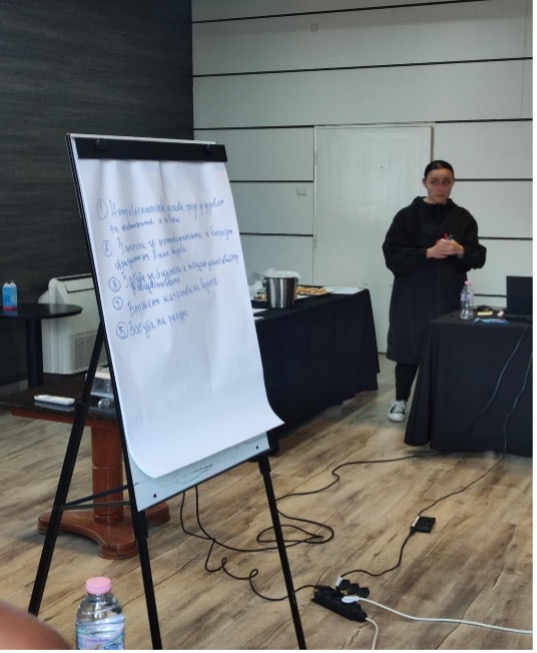
Conclusions and recommendations from the workshop:
Two priority measures plastic waste reduction in the Danube River Basin:
Working with children and educational programs
Forming long-term habits starts at an early age. Programs in schools and extracurricular activities can increase environmental culture.
Topics such as "the path of waste", "impact on marine organisms" and "circular economy" should become part of the educational process.
Good practices: student campaigns, beach litter collection, creative workshops with recycled materials.
Introducing an effective plastic deposit system
Deposit systems have been proven to reduce the disposal of bottles and packaging in nature.
Incentivizing return through a cash or voucher bonus encourages responsible behavior.
It is important that the scope includes not only drinks, but also other types of plastic packaging (e.g. food packaging and cleaning products).
The system should be easily accessible both in cities and in tourist areas.
Additional solutions that deserve attention:
Expanded business involvement
Recycling obligations and responsibility when placing plastic products on the market.
Promoting the use of alternative packaging and biodegradable materials.
Improving waste collection systems in rural and coastal areas.
The lack of waste collection in small settlements leads to unregulated dumping directly into rivers or the sea.
Mobile collection points and seasonal campaigns can be part of the solution.
Strengthening control in river basins
Rivers are the main routes for waste entering the Black Sea.
Regular inspections, installation of barriers and capture facilities in strategic locations are necessary.
Support for scientific research and monitoring
Investment in technologies for detection and tracking of microplastics and macroplastic waste.
Expanding model simulations and data sharing between institutions.
Tourism Regulation (to be applied year-round)
Introduction of temporary rules to limit single-use plastics in resorts (measures introduced and implemented) - stricter control over the regulated measures.
Requirement for hotels and restaurants to use reusable or compostable products.
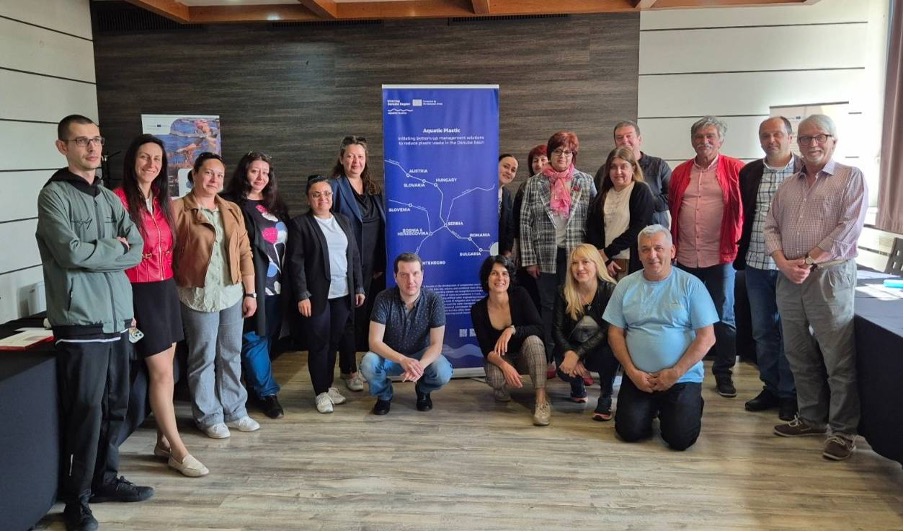
News & Events
Read the most recent updates and explore the upcoming events.

